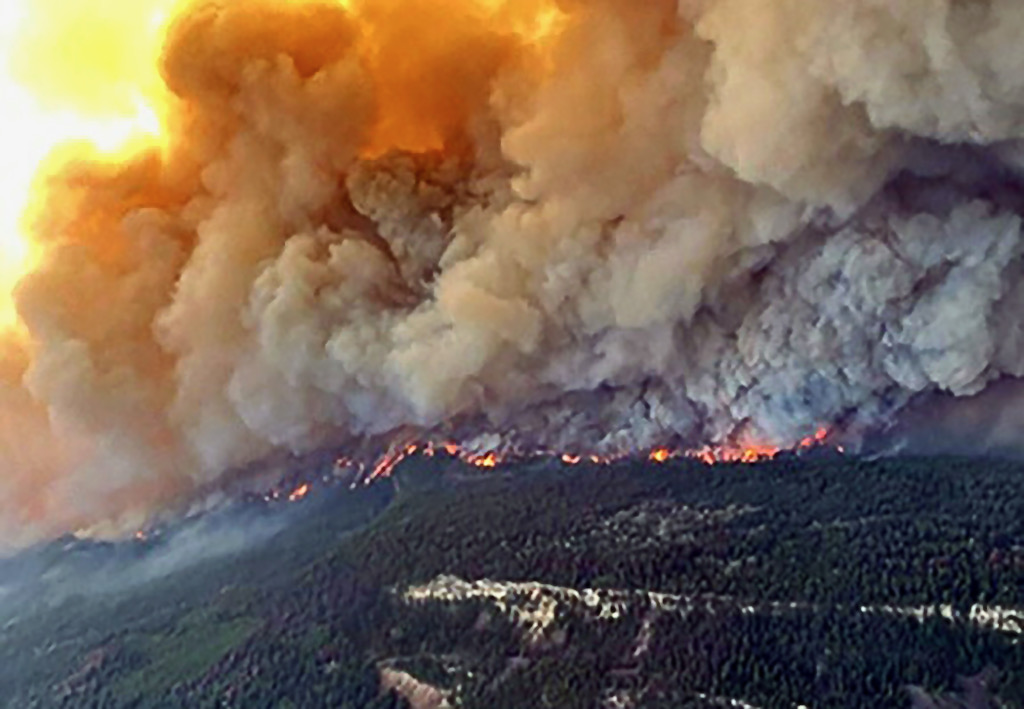Scientists are warning that climate change and land-use change are projected to make wildfires more frequent and intense, with a global increase of extreme fires of up to 14 percent by 2030, 30 percent by the end of 2050, and 50 percent by the end of the century.
This is the consensus of a landmark United Nations report by the UN Environment Programme (UNEP) and GRID-Arendal that warned of a “dramatic shift in fire regimes worldwide” that may become a “global wildfire crisis.”
The report is the first scientific assessment by the organization’s environmental authority to evaluate wildfire risks worldwide, notes the New York Times, being inspired by devastating wildfires in Australia, the U.S. west, and Siberia, among other places around the world.

The images of those fires – from burning towns to badly burned woodland animals, and the rising numbers of human deaths – are grim reminders of this present era of humankind’s unsettled relationship with our environment.
“From Australia to Canada, the United States to China, across Europe and the Amazon, wildfires are wreaking havoc on the environment, wildlife, human health and infrastructure,” the foreword of the report said, adding that while the situation “is certainly extreme, it is not yet hopeless.”
“The heating of the planet is turning landscapes into tinderboxes,” said the report, which was published on Wednesday by the United Nations Environment Program.
The Guardian points out that while “landscape fires” or “controlled burns” are essential in allowing some landscapes to function properly in nature, the UN report specifically discusses “wildfires,” which it defines as unusual free-burning vegetation fires that pose a risk to society, the economy or environment.

According to the UN report, direct responses to wildfires receive more than 50 percent of funding now, while planning and prevention get less than one percent.
The paper calls for a “fire-ready formula” with investments rebalanced so half goes on planning, prevention, and preparedness, and about a third on response and the remaining 20 percent for recovery.
Professor Sally Archibald, an ecologist at the University of the Witwatersrand in Johannesburg, who was involved in the report, said: “This is a really important conclusion that I hope diverts money and resources in the right direction, as well as changing policies.”

“We cannot promise that if the world gives money for proactive fire management, there will be no more extreme fire events because these fires are caused by global climate change,” she said. “But it would certainly help us minimize the impact and minimize the loss of damage.”
There are, of course, a number of other things nations could do, including making use of science-based monitoring systems, combined with indigenous knowledge and better international cooperation. Scientists agree that the world needs to come together to tackle this as a team effort.
Professor Guillermo Rein, at Imperial College London, who was not involved in the paper, said, “The full report is impressive. It says so many good and important things. Especially important is the emphasis on extreme wildfires and the recommendation for [a] move from reaction to prevention and preparedness.”














